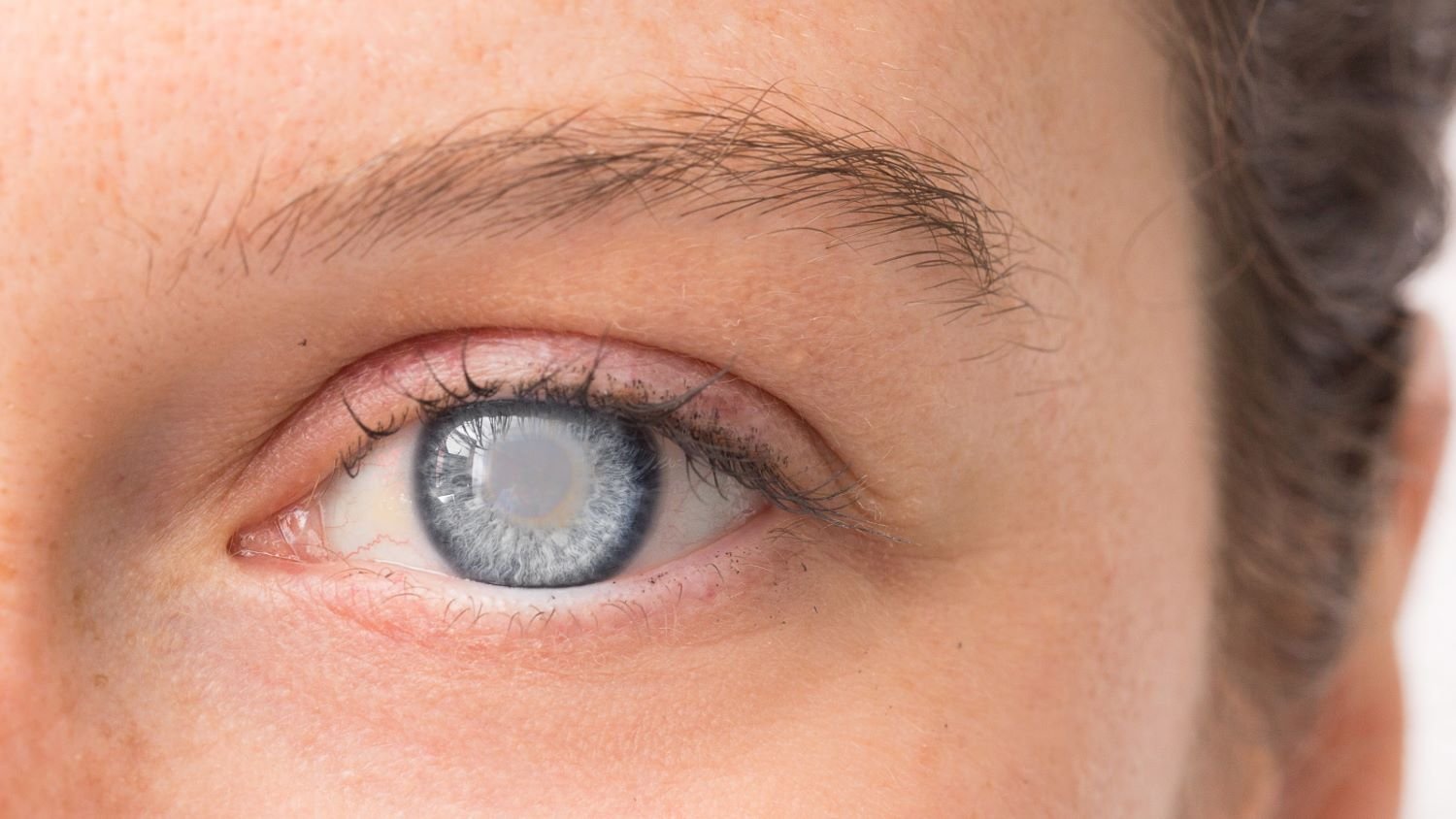Breakthrough in gene therapy brings new hope to glaucoma patients
July 24, 2024 | Wednesday | News
Glaucoma affects about 11.2 million people aged 40 years and above in India
image credit- shutterstock
Australia's Macquarie University researchers have identified a gene therapy that could help treat the eye disease glaucoma, with potential applications for other neurodegenerative conditions such as Alzheimer’s disease.
Glaucoma may result in irreversible blindness over 10 to 15 years, if left untreated. Like Alzheimer’s, it becomes more common with advancing age. In India, 11.2 million people aged 40 and above have glaucoma, while the global cases are projected to hit 111.8 million by 2040.
Glaucoma can be caused by an imbalance in tau protein in the human body. The protein tau is essential to the function of cells in the brain and central nervous system, but when over-produced under certain conditions, it forms tangles that clog the cells’ internal structures.
These tangles have also been found in Alzheimer's disease patients. Tau is also present in neuronal cells in the retina, and research led by Macquarie University’s Vision Science Group has found altered tau is likely to have a significant role in the development of glaucoma.
“We have shown that tau is vital to maintaining retinal integrity, but it is a delicate balance,” says Research leader, Vivek Gupta, Associate, Associate Professor, Macquarie University. “When we over-produced tau, we observed inner retinal degeneration, but when there was too little tau, that was also detrimental. Switching off the over-production and knocking down the tau to healthy levels provided protection against the degenerative changes associated with glaucoma. This protective effect was evident in both the structural preservation of retina cells and their function. While it was not able to restore lost vision, it did stop the retinal degeneration from worsening.
He further added, “These findings highlight the critical role of tau protein in retinal health, and suggest that targeting tau could be a promising therapeutic strategy for glaucoma, particularly when administered early.”
The next step will involve further testing in animal models, with any human clinical trials still several years in the future.









